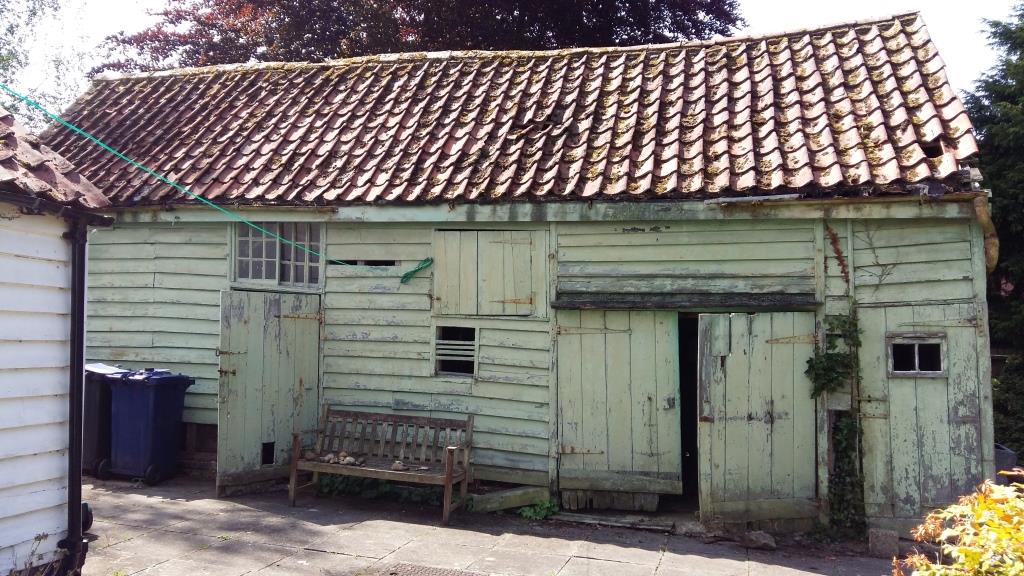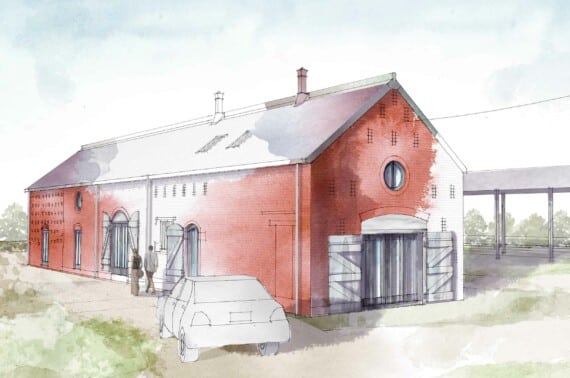Barn Again: Barn Conversions and Renovations
- | Helen Ensor
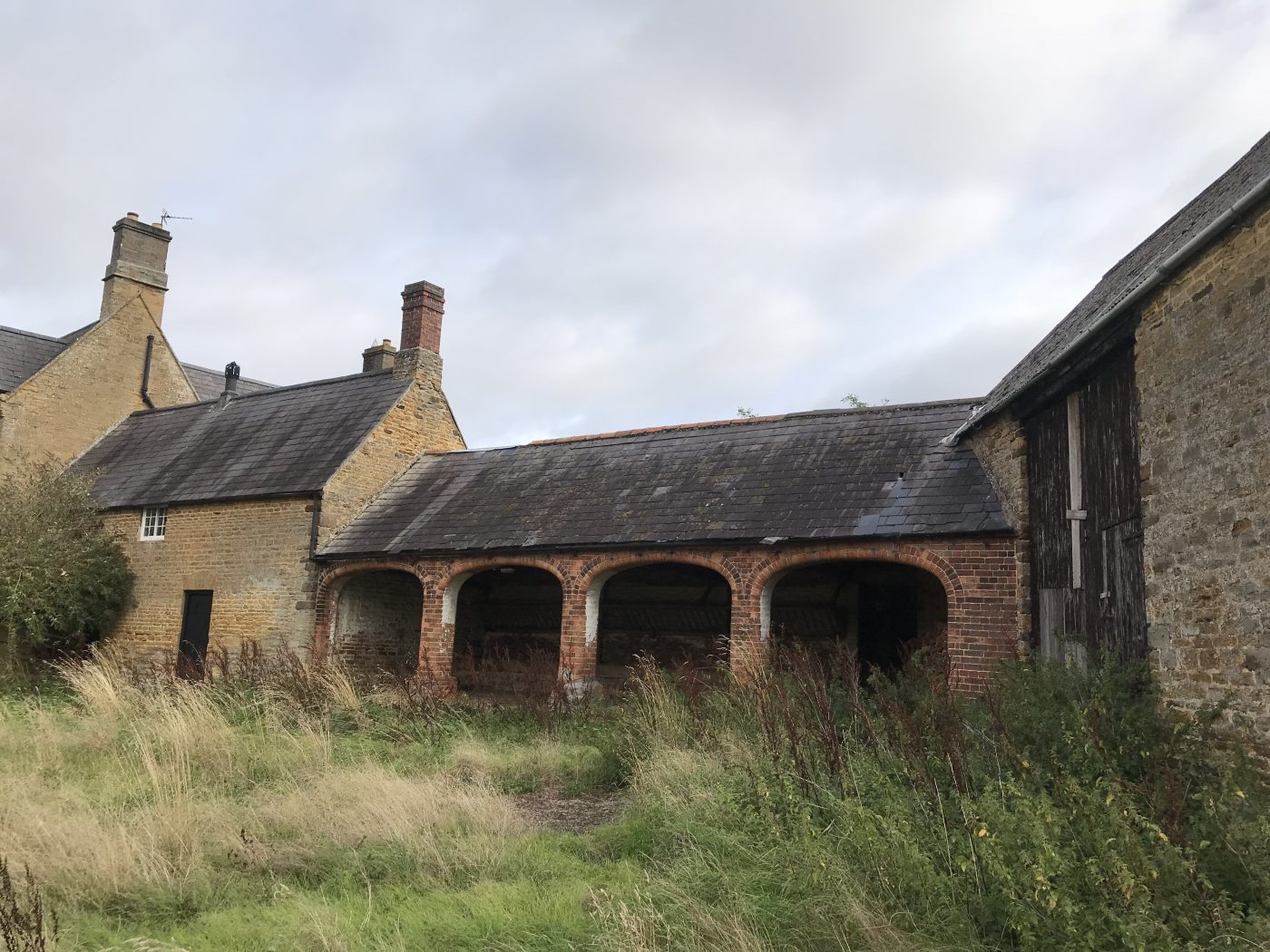
Fashions come and go, and no doubt influenced by the pandemic and people’s vision of a post-pandemic future, the trend for converting redundant historic barns and other traditional farm buildings to new uses has come round again. These characterful and often visually impressive buildings are a key part of our rural building stock. They may be some of the oldest buildings in a village, or perhaps they reflect a key moment in history – field enclosure for example or the use of new technologies to improve farming yields. Whilst these buildings are certainly deserving of careful conservation, it is not always straightforward to get planning permission or listed building consent for their conversion. Local authorities are – quite rightly – concerned with ensuring that their essential qualities, including the way they look and how they sit in the landscape, are not lost as part of any scheme. Understanding what makes a particular farm building or collection of buildings significant is key to being able to put forward sensitive and consentable proposals.
Barns also provide beautiful and inspirational spaces to live and work in – their internal height; the often intricate and cleverly hand-carved nature of their timber-framed roofs; and their location are all in their favour. There is always something motivating about seeing the marks of a previous craftsman, and considering how these buildings were constructed and put together.
Of course changes to the permitted development rules in 2018 mean that in some cases planning permission is not required for the creation of up to five new residential units (listed building consent is still required if the building is listed), meaning that the dream of converting your own barn may be closer than you realise.
At Insall we have the range of skills and expertise to help with these projects and assist in everything from feasibility, through to assessing significance, obtaining planning permission and completing the project. In particular, we have specialist expertise in traditional repairs, insulation, sustainability and creating a beautiful contemporary or rustic aesthetic to suit your needs. We have experience in converting barns and other agricultural buildings to a variety of uses including but not limited to residential, offices, swimming pools, holiday lets, extensions to the main house or home studies.
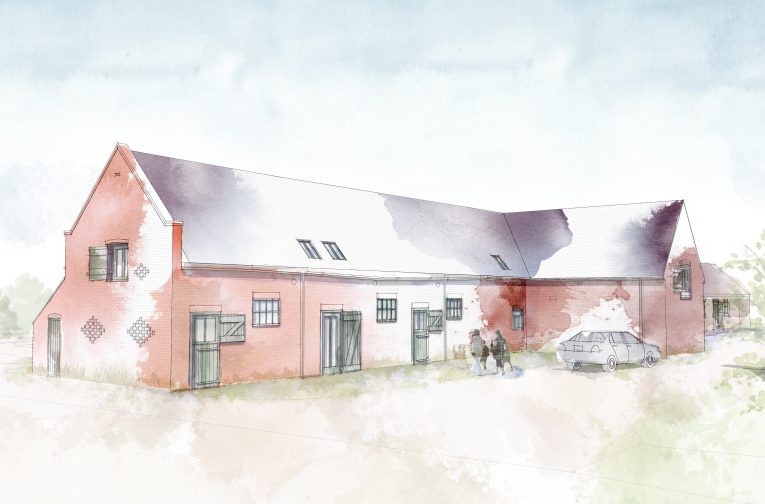
Holiday Barn Conversion, Shropshire
Our Chester office assisted the National Trust in Shropshire in developing proposals for a number of Grade II listed 19th century brick barns to convert them to holiday lets. The scheme included a commitment to low-carbon use and sustainable energy in the form of air-source heat pumps, insulation and double glazing, whilst their overall character, including window and door openings and their setting were carefully conserved. Most importantly, these redundant buildings will have a new use which is compatible with what makes them significant, and this new use will be of sufficient value to be able to invest in the building’s fabric for the future.
In north Wales our Conwy team have been working with a private client to rehabilitate an unoccupied farm, and convert the redundant barn into a stunning new six-bedroom dwelling complete with exposed roof timbers, stone walls and contemporary glazed library which provides breath-taking views of the surrounding Area of Outstanding Natural Beauty.
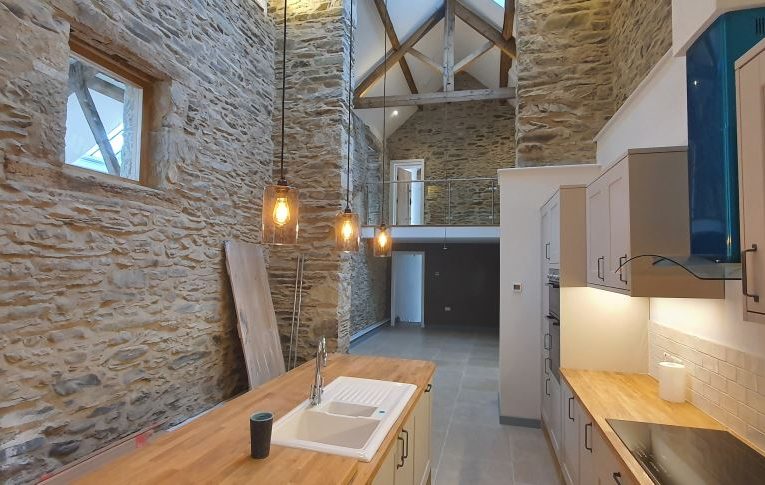
Our Oxford office is currently assisting with a large number of barn conversion projects. The barns themselves are as diverse as the proposed new uses, ranging from timber-framed barns of the 17th century, through to enormous stone-built Cotswold threshing barns, and early 20th century Dutch barns; and from residential conversions to offices and (almost!) everything in between. In each case the significance of the building, its setting and the wider site act as the launching-off point for thinking about the building’s re-use and in this way – by very carefully putting together a heritage planning strategy – we maximise the likelihood of a successful planning outcome.
In Cambridge we have been drawing up proposals for a particularly folksy and unusual small barn, to help conserve it and breathe new life into its old fabric. Our approach, of understanding and working with the qualities which make this building special, have resulted in a positive response from the conservation officer.
Barns and other traditional farm buildings are a key part of the character of the countryside, and as they become unusable in modern farming it will become ever more important to find sustainable new uses for them, or risk losing their contribution to the rural landscape.
